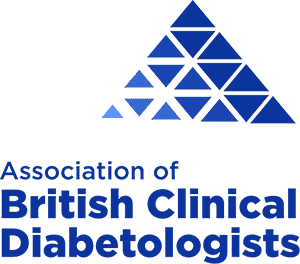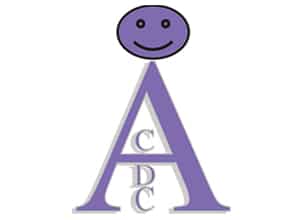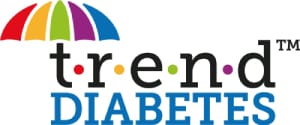Winner
Managing Type One Diabetes in Schools DVD
by Calderdale and Huddersfield Paediatric Diabetes Team
Calderdale and Huddersfield Children’s Diabetes team developed a DVD for primary and secondary school staff to be used as an educational tool to deliver the generic aspects of diabetes management in line with current guidelines and legislation. The DVD was developed involving young people with diabetes. It has a clear message throughout that young people with diabetes are individual and manage their diabetes in different ways but diabetes does not define them. As a result of the DVD school staff have reported they more aware of what diabetes is and how to manage it within the school environment.
Judges comment:
“This overcame a real problem and the solution involved the community as a whole. It provided an answer to a very real issue. Moreover it is a complementary addition to current initiatives and hasn’t replaced any other services. It would be useful to share with other regions as it fits in with the National Agenda.”
Highly commended
Hillingdon Hospital Paediatric Diabetes Innovative School MDT Clinics
by Children and Young People with Diabetes team: The Hillingdon Hospital NHS Foundation Trust
To address poor attendance rates for meetings between children and young people with diabetes and their multi-disciplinary team, Hillingdon took the clinic to patients at school. Four schools were chosen that had five or more diabetes patients. Instead of going to hospital children missed just 30 minutes of school time. Outcomes included a decrease in missed appointments and improved patient satisfaction. Longer term measures were better HbA1c and quality of life.
Judges comment:
“Simple and effective. Judges liked the engagement piece. It is transferable and replicable in other areas. Look forward to seeing how this moves forward.”
Commended
Bolus Calculator Blood Glucose Meters from Diagnosis
by NHS Tayside, Ninewells Hospital
The team explored insulin adjustment for blood glucose and carbohydrate meal content from ‘day 1’ of diagnosis in a newly designed home education programme. HbA1c data obtained in the first year of diagnosis in patients who received the new patient education programme was compared to HbA1c data in patients managed from 2001 to 2011. Current data is encouraging and suggests that using this method from diagnosis may optimise glycaemic control in the first year of diagnosis.
Judges comment:
“An extremely important piece of work because of the key findings. The results have been statistically analysed which is excellent – one of the only entrants to do this. Importantly it is also a home education programme. Good way of ensuring that children learn the right way to self-management from the outset.”














